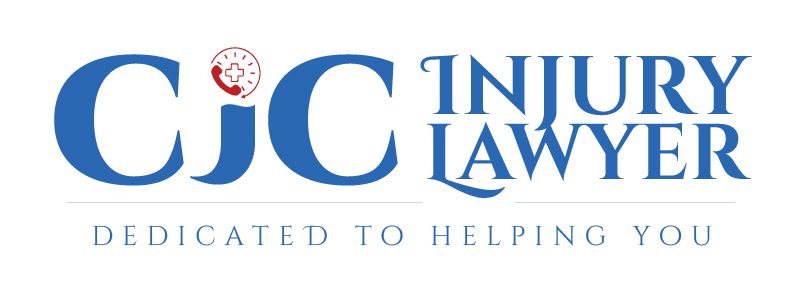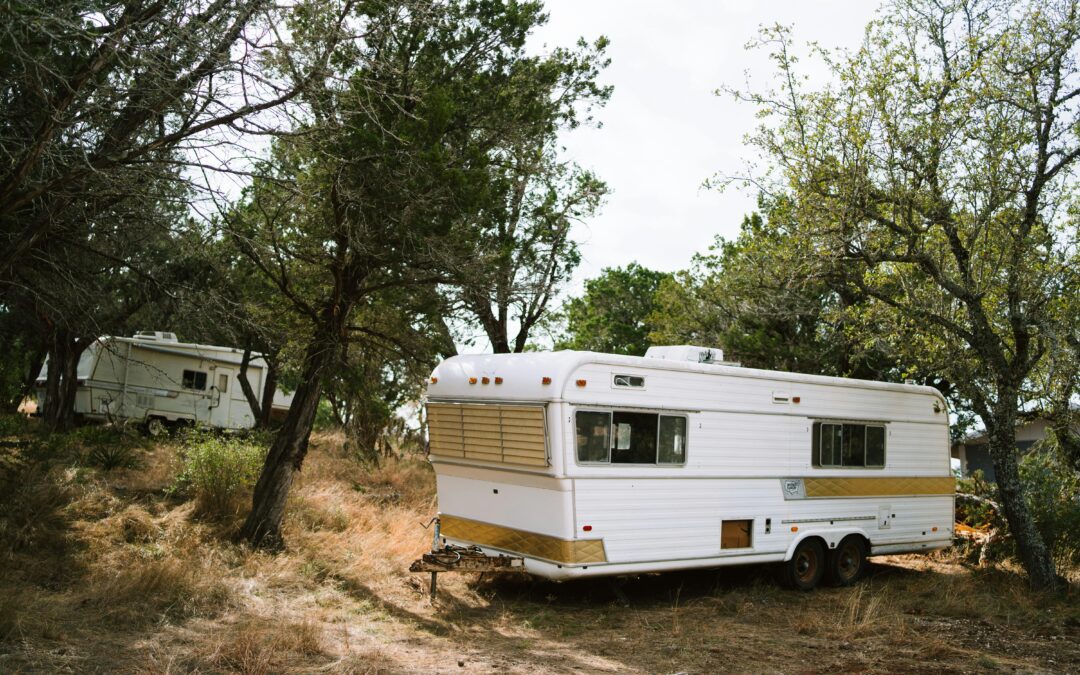RVs or recreational vehicles encourage freedom and adventure, but they also come with risks. Accidents involving these large vehicles can lead to complex legal obstacles, often more complicated than typical car accidents.
Whether you’re a seasoned RV owner or a newcomer to trailer travel, being informed about the potential legal hurdles can help you confidently handle any unexpected situations.
Liability Issues
Liability in RV and trailer accidents often presents unique troubles due to these vehicles’ size, weight, and complexity. Establishing who is accountable can be more complicated since several factors must be considered. These include driver error, vehicle maintenance, road conditions, and even the actions of other drivers.
In some cases, the owner might be responsible if poor maintenance or improper loading contributed to the incident. Determining whether the trailer was attached correctly and the towing vehicle was adequately equipped can also influence liability. In addition, equipment failures like brake issues or tire defects could lead to manufacturers being questioned for their role in the mishap.
Insurance Coverage and Limitations
Due to their dual nature as vehicles and living spaces, RVs often require specialized insurance that covers vehicle destruction, personal belongings, and residing quarters. Understanding what your scheme includes is necessary for avoiding unexpected expenses. Yet, insurance policies may have their shortcomings. They might not cover specific damages like wear and tear or those due to neglectful upkeep.
In accidents involving trailers, the rules may only apply to the towing vehicle, leading to potential gaps in coverage or cargo. Additionally, there might be limits on liability coverage, complicating situations with extensive property harm or multiple vehicles involved.
Injury Claims and Compensation
Injury claims following an accident can be particularly complex due to the mass of these transporters, which often result in severe wounds. To support their cases, claimants must provide thorough documentation, including medical records and specialist assessments. Compensation aims to cover medical expenses, rehabilitation costs, lost wages, and sometimes, pain and suffering.
However, insurance companies may challenge the extent of injuries or the necessity of certain treatments, leading to disputes. Getting legal support is often important to overcome these obstacles and achieve a fair settlement.
Proving Damages
The cost of repairing or replacing an RV or trailer can be huge, especially when considering custom modifications, specialized equipment, and possessions within the vehicle. Unlike standard vehicles, the value of an RV includes more than just its market price; it involves the living amenities and additional features that make it functional as a mobile home. Calculating how much the trailer loses in value post-accident presents another barrier.
Even after repairs, its worth might drop greatly, affecting resale opportunities. Additionally, determining the proper cost for damaged particular assets inside the RV often proves difficult, particularly for unique or expensive items. The security plan may not cover all losses, leading to disagreements over payment. These complexities highlight the need for detailed papers and skilled evaluations to measure the full extent of the financial impact accurately.
Are you seeking expert guidance for legal issues related to RV and trailer accidents? Craig J. Concannon, P.C. offers dedicated support to navigate the complexities of these cases. With extensive experience in handling various accident scenarios, our team is committed to securing the best possible outcomes for our clients. Contact us at (314) 421-3329 or fill out this form to arrange your free consultation today!

